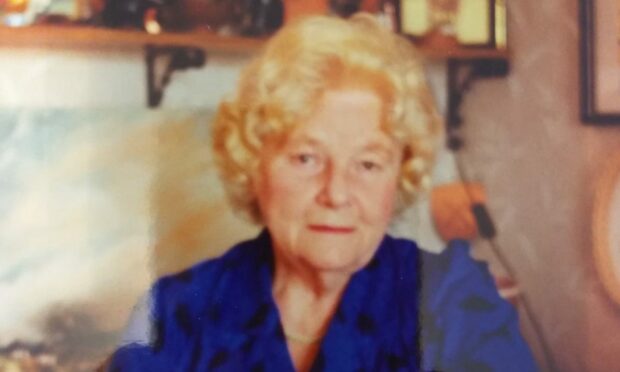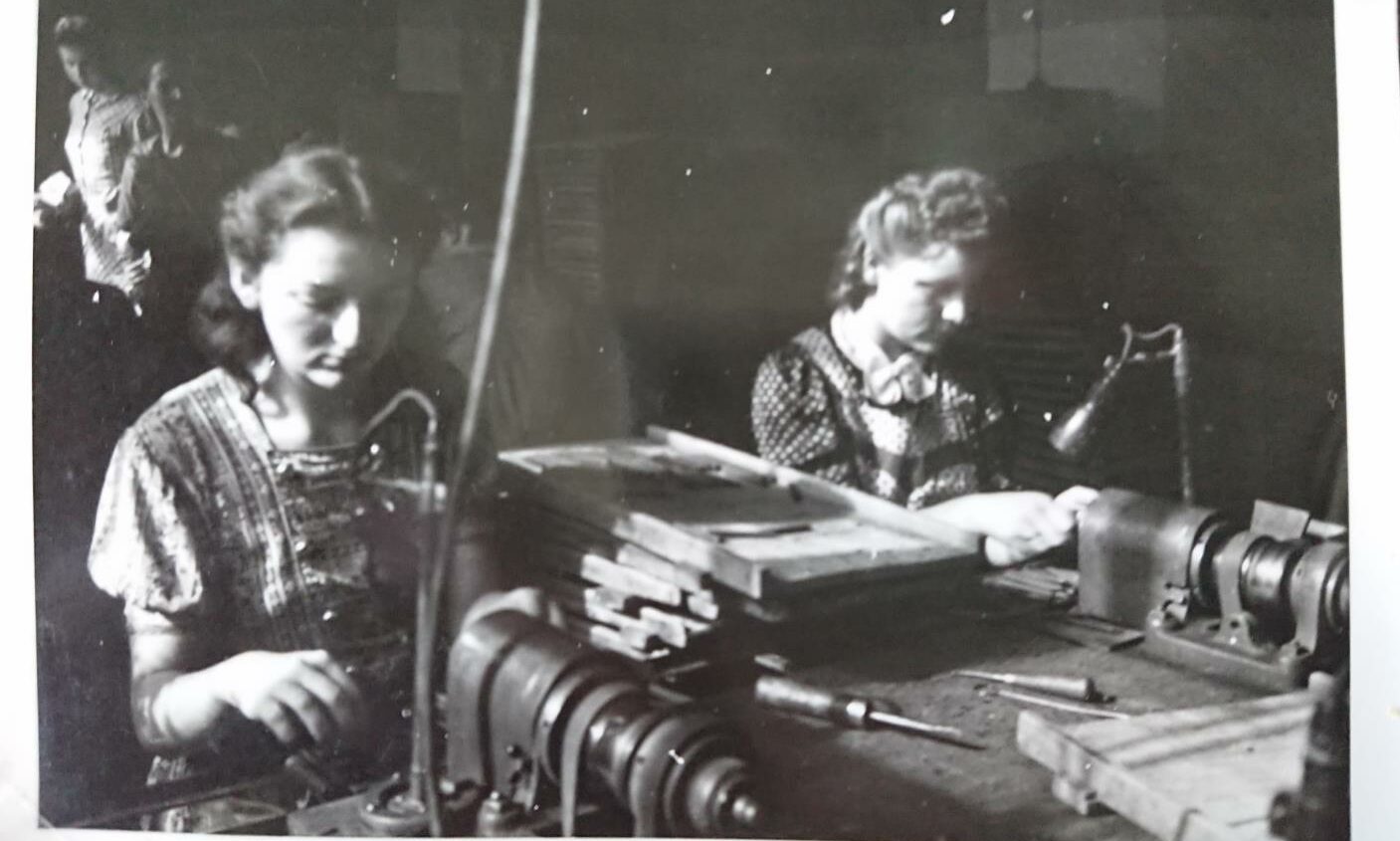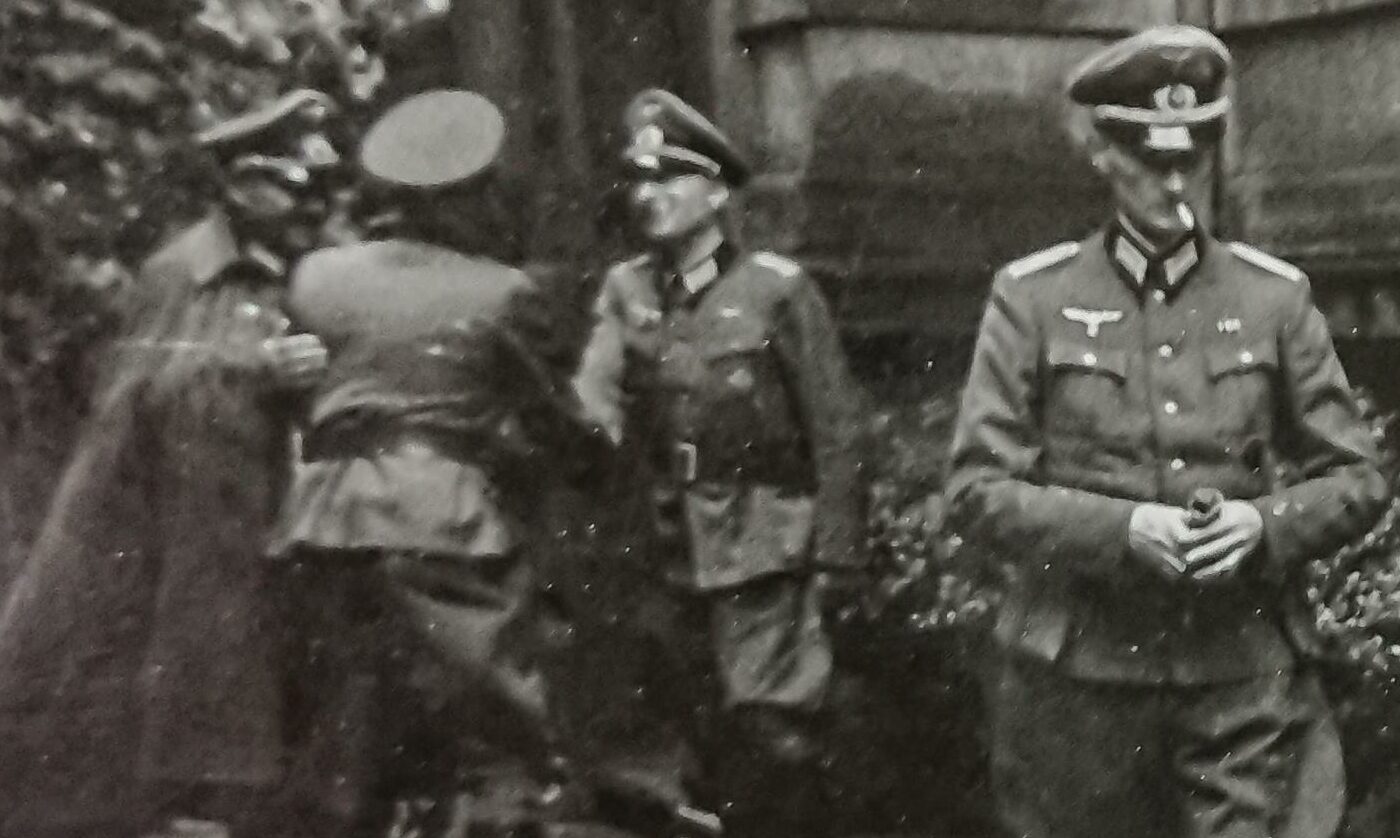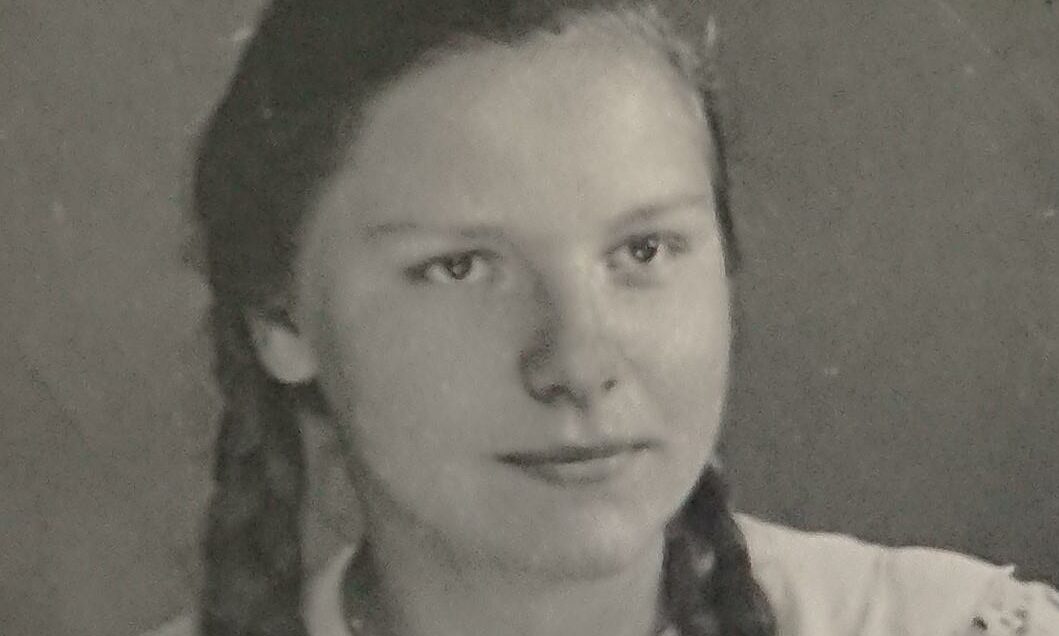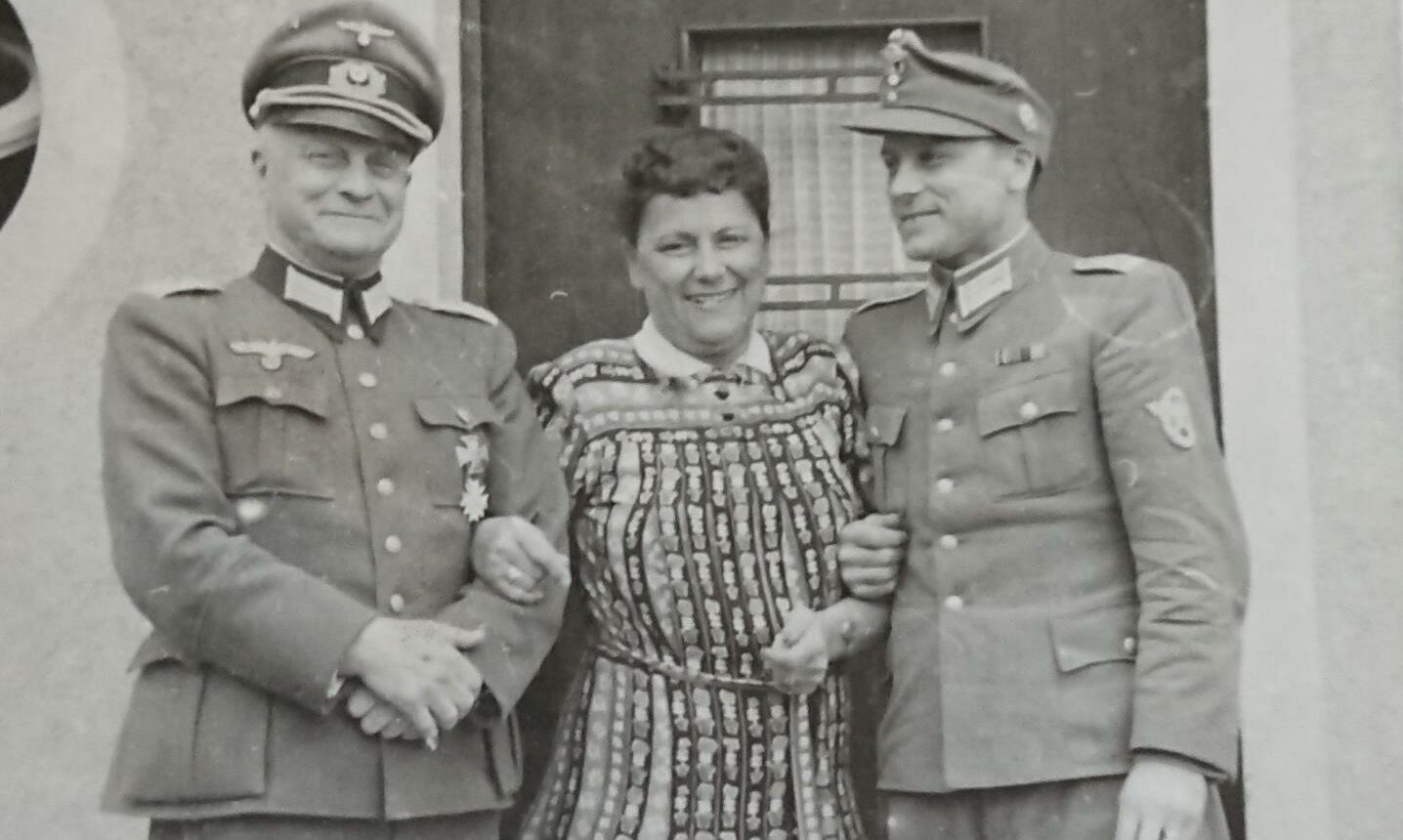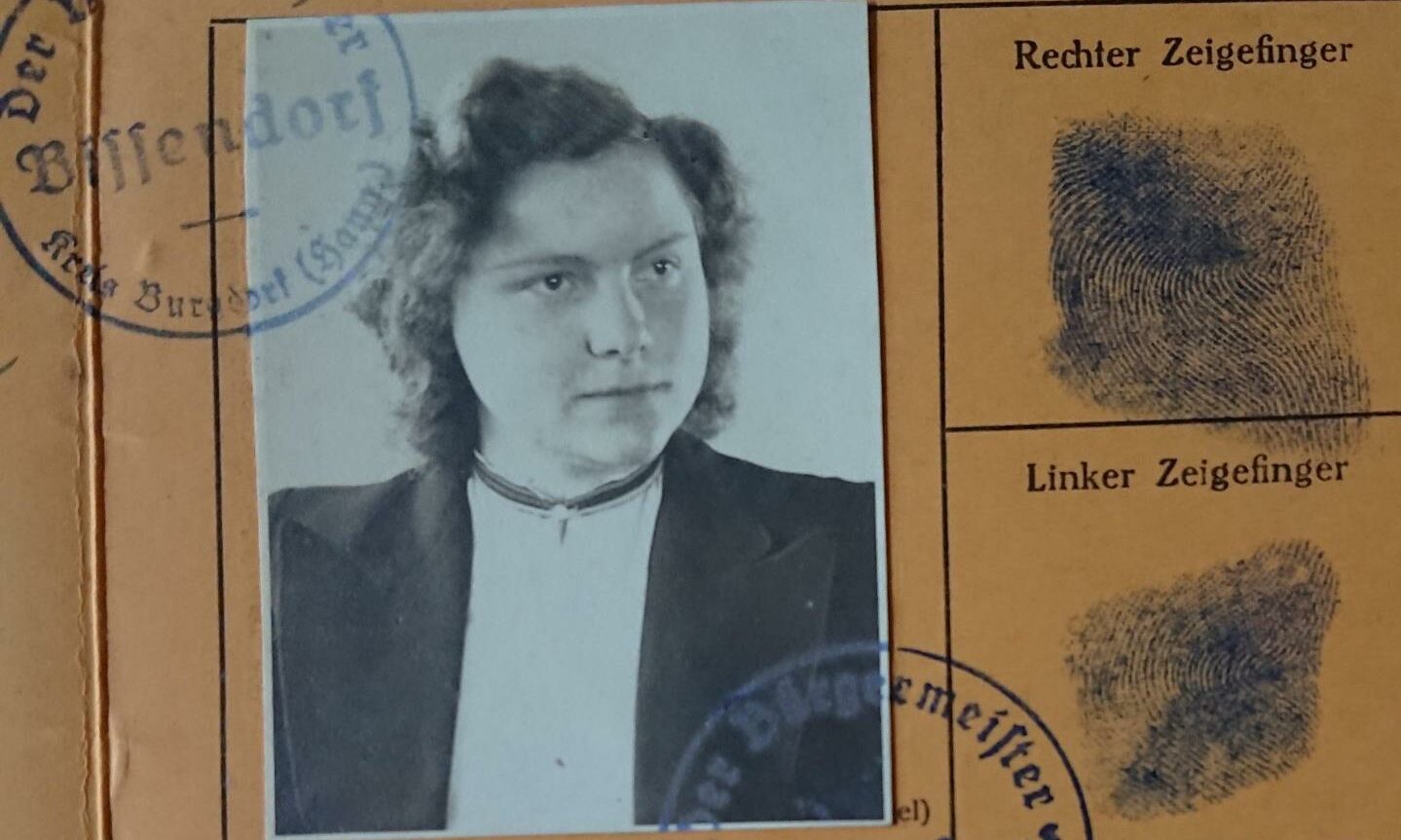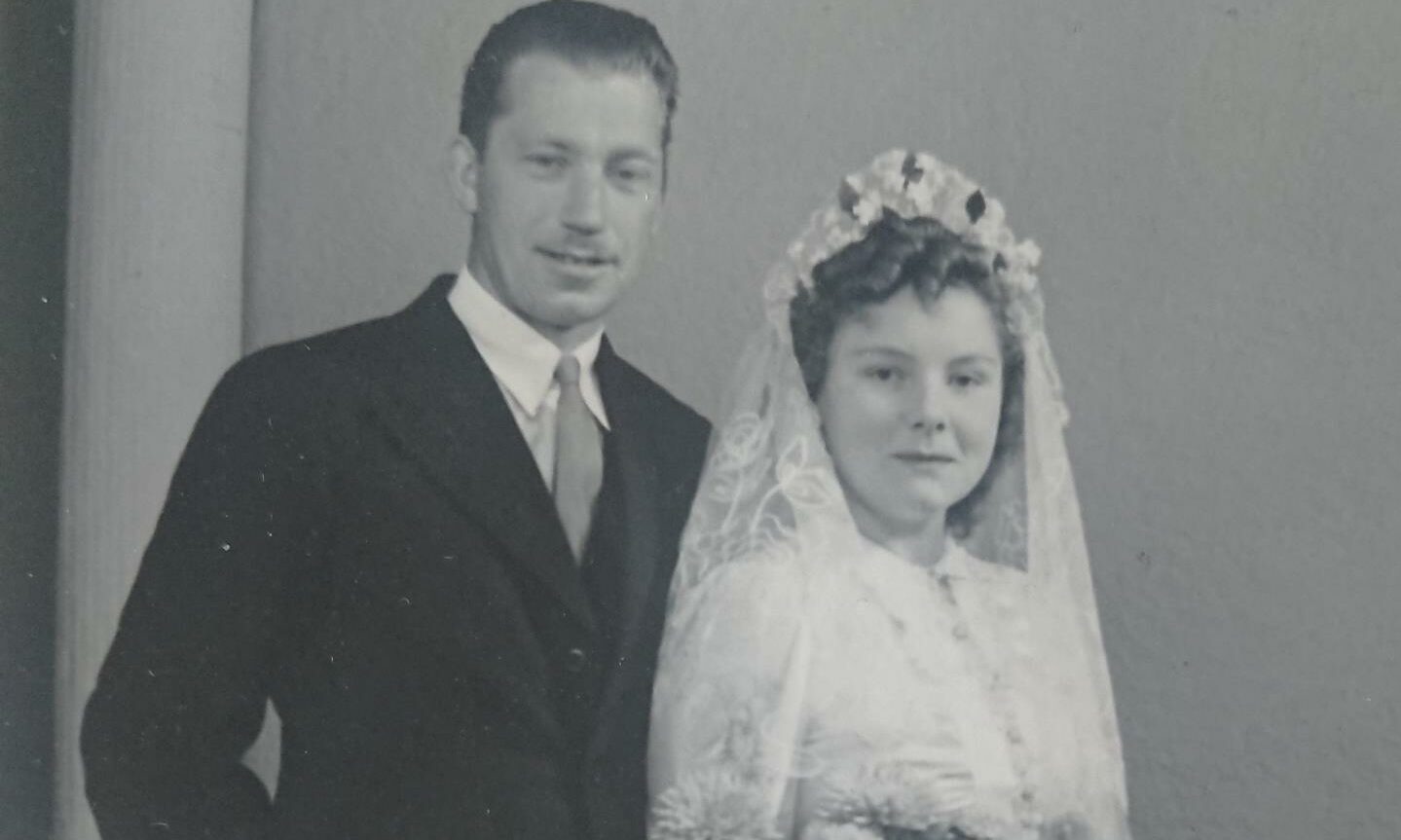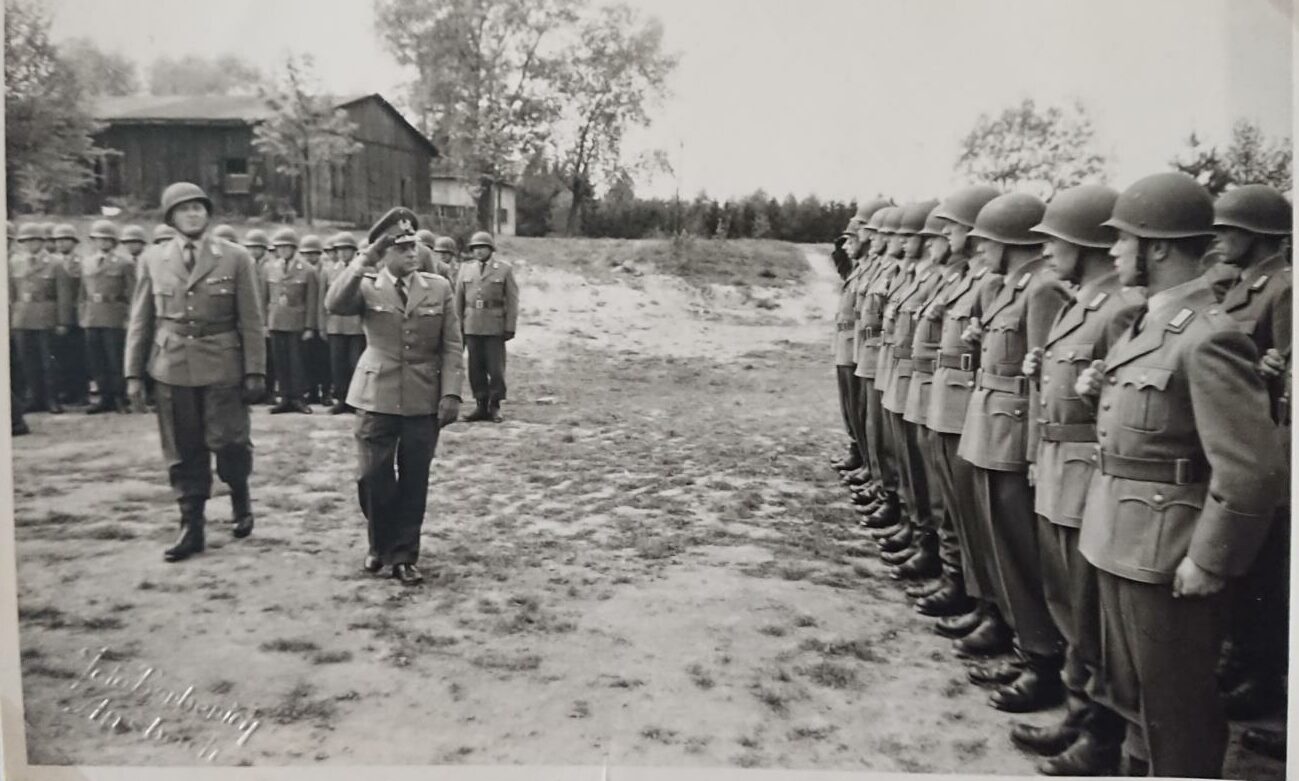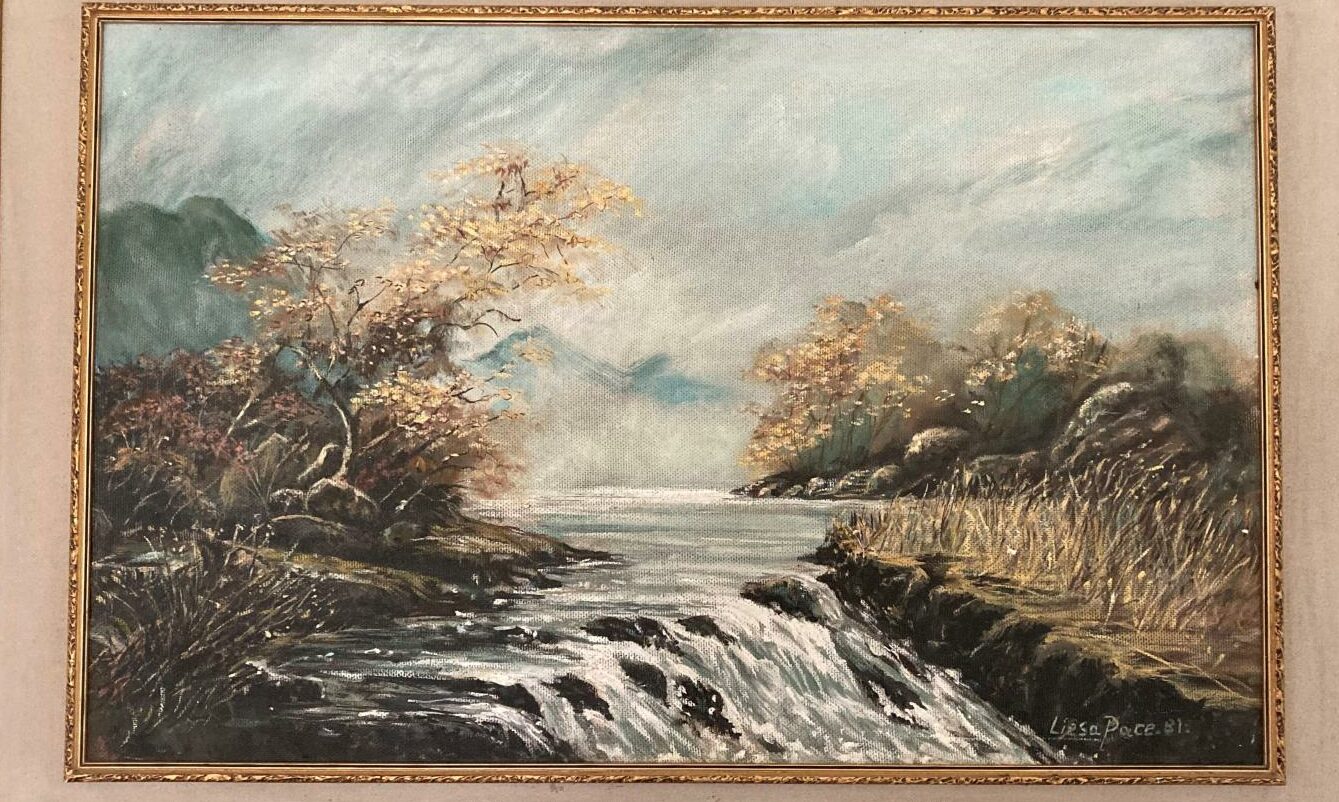As a young woman, outstanding pianist Lieselotte Pace gave classical music performances for senior German officers in the family home and at dinner events.
In later life, after marrying a British serviceman, she spent 40 years capturing the beauty of the countryside in north-east Scotland in oil paintings.
Love had blossomed in the ruins of the Third Reich. Lieselotte (Lisa) was the daughter of a high-ranking Wehrmacht officer from a family steeped in military service.
Her future husband, Thomas James Pace, was a British army sergeant helping to bring some order to the damaged Volkswagen factory at Wolfsburg.
Lisa, who lived in Inverurie for nearly four decades, died at Brechin during the first lockdown last year but her son, Ralph, has now opened her treasured family album which offers a glimpse of life in pre-war and wartime Germany.
One photograph shows her riding a pony and trap at her family’s country retreat and, by contrast, working on a factory production line to aid the war effort.
Another is a pin-sharp image of the German officer, his wife and son, who invited the British sergeant into their home and took him to their hearts.
Many of the photographs show Lisa’s father and brother inspecting military parades.
Family friend Arnol Schmitt Eisenhart, who Lisa knew as Uncle Arno, is photographed with other senior Wehrmacht officers being greeted leaving an event.
Lisa’s son Ralph said: “I don’t know who the people are in that photo apart from Uncle Arno. There are so many military photographs and others that show what life was like for my mother in Germany before the war.”
Lieselotte was born into the Cordes family of property owners and professional soldiers on February 8, 1923.
Her father was Friedrich Wilhelm Cordes and her mother was French-born Marie Frere.
Lisa was educated privately, learned to play the piano, paint and master French and English. She had a conversational grasp of Russian.
“She had a good life in Gleiwitz. The family had a country retreat, she learned dressage and played piano at an accomplished level,” said Ralph.
“I don’t think there was a major piano work she could not play. By the time she was 17 she was playing for the senior officers who visited my grandfather’s house.”
Like so many across Europe, life changed when war broke out. Lisa had to work in a factory as part of the war effort.
But she also enrolled at the University of Gottingen where she studied medicine.
When war ended, Germany was crushed and citizens looked to Allied troops for any essentials they had spare.
“My father was visiting a small town with a soldier friend where he worked when my mother and her sister came hunting for soap.
“My father showed compassion and told them to come back later. They did and he gave them a few bits and pieces. That continued and they struck up a friendship and was invited back to my grandfather’s home,” said Ralph.
“He told me my grandfather was a gentleman and never made him feel uneasy. The whole family was kind and eventually my father proposed and they were married in Germany in 1948.
“My mother wore a wedding dress made from salvaged parachute silk and they were given the wedding rings my grandfather and grandmother were wearing.”
After their marriage, the couple moved to the UK for a short spell before sailing for Port Elizabeth, South Africa. From there they took a train to Rhodesia where Thomas worked in a power station and then in the armaments section of a King George VI barracks, where he retired.
They remained there until they lost their house and savings in the political changes of 1980 at which time they moved to Inverurie where Thomas’s sister lived.
Ralph said: “My mother’s life was in three distinct sections: Germany, Africa and then Inverurie. She continued to play the piano in later life and was an accomplished painter. She never showed or sold her work but was prolific in her output.”
Thomas died in 2009 aged 94 and Lisa moved to a care home in Brechin to be closer to Ralph. She was 97 when she died. Both are buried at Chapel of Garioch.
